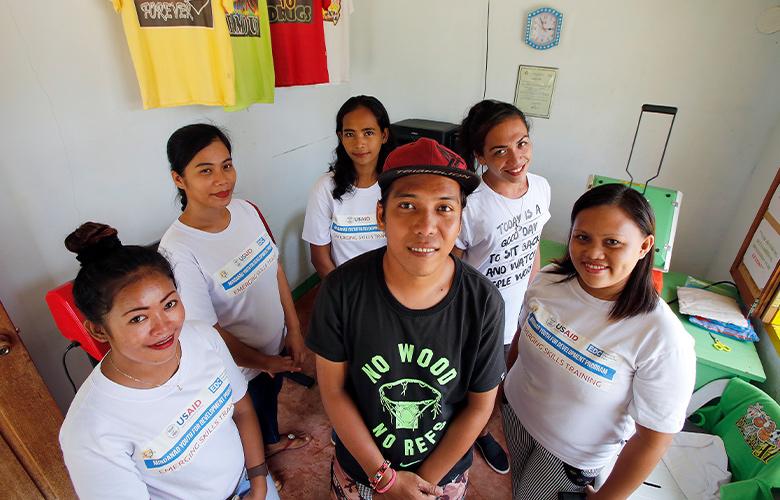
In commemoration of World Mental Health Day (October 10), it is vital that the global community commit to addressing mental health care needs in ways that align with the evidence we have on effective approaches.
Our recognition of the clear relationship of mental health to physical health, job functionality, violence prevention, and the ability to effectively parent the next generation, thankfully, is growing. While we know a myriad of factors lead to mental health struggles, including genetic vulnerability, early attachment history, modeling, and experiences of trauma or loss, newer research suggests that nutritional deficiencies, environmental contagions, changing gender roles, and a lack of economic opportunities also contribute to our overall mental health.
In the United States, recent efforts have focused on integrating mental health services and staff into primary care settings to make mental health services more available and to reduce the stigma related to help-seeking. Internationally, we are focused on how to increase support and funding to provide and scale up mental health clinical interventions and psychosocial support, and we are working to build up the available trained mental health and lay workforce.
With the increasing global understanding regarding the importance of addressing mental health, there can arise a sense of urgency to provide support to the many communities and individuals who lack such services. While we may want to move quickly to “do something” for the most vulnerable populations, we must remember that evidence should inform all intervention development.
At EDC, we have been developing mental health and resiliency interventions for youth; community groups, including sports coaches and players; and teachers in the Democratic Republic of the Congo, the Philippines, Honduras, and Iraq. We are also carefully ensuring that the chosen approach—whether social-emotional learning, psychosocial support, or actual mental health intervention—is rooted in the needs of the community and that the skills of those who will administer the interventions are matched, appropriately, to the available referral options.
This week, our Conflict, Crisis, and Violence Team attended the International Conference on Mental Health and Psychosocial Support in Crisis Situations in Amsterdam. On this important day, I encourage you to view this short video (3:35 minutes), which offers an overview of the main themes of this very important conference, organized by Minister Sigrid Kaag of The Netherlands. For those of you with access to Facebook, also check out this video (2 minutes), which outlines the need for increased focused on mental health and psychosocial support in crisis contexts.
Globally, we should be proud of the strides we have made to break down stigmas and to no longer criminalize mental health diagnoses—but we still have a long way to go.
Heidi Kar is a licensed clinical psychologist and an international mental health expert at EDC.
Comments
Add new comment